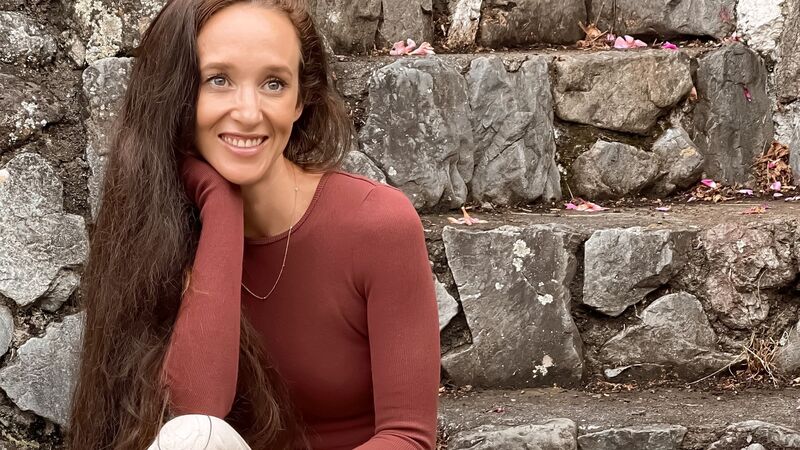You are viewing your 1 free article this month. Login to read more articles.
Joanne Harris speaks out against publishing's focus on debuts
Joanne Harris has spoken out against an “absurd” focus on debuts in the publishing world.
The Chocolat author urged publishers to support existing writers in their careers rather than pursuing one debut after another, during a Q&A held with The Empowered Author founder Sam Missingham on Monday 23rd September.
Harris said: “I’ve seen a number of debut authors emerge and get very large initial advances - which is great for a debut author - but it doesn’t necessarily mean that the publisher will value that author beyond their debut. We’re getting a generation of twenty-somethings being praised and paraded around for their debut because it’s a debut and then we just don’t hear about them again. Their second novel - which if often a bit of a problematic one to do anyway - may not necessarily do as well, has not necessarily been pushed as much. Their career instead of moving upwards and building on its success ends up kind of dwindling. They get replaced by the next big debut.”
Harris went on to note that desperate authors are writing under noms de plumes in an attempt to recreate their breakthrough successes.
She said: “I’ve had a number of proofs recently that purport to be debuts but they are not debuts. They are an established author writing under a new name in the hope of riding the wave of this love affair with debuts which seems to me both misleading and a bit absurd. Although it’s great for us to be seeing debuts supported and praised, it’s also important for publishers to continue to sustain and support their existing authors rather than just flitting from one exciting debut to the next and just hoping that people will be able to look after themselves because that doesn’t always happen.”
The author also called on publishers to get rid of age banding of children’s book which she feels can put children off reading. Drawing on her 15-year teaching career, she urged the publishing industry and schools to not to limit or embarrass children at different stages of reading.
She said: “I can see that its useful for booksellers and sometimes it’s useful for schools but having had a child who read far beyond her allocated age group, having been a child who read beyond their age group, and having taught children who were reluctant readers and who would have probably been put off if they had been told the books they were able to read were actually below their age.
“There is something slightly wrong in trying to put children into categories in that way. Children should be trying to read what appeals to them rather than what people think they ought to be reading. I do see problems in lumping children of a certain age together because they can be very different. Bringing the joy into reading is something we should be looking in schools instead of constantly testing and interfering.”
Harris shared that much like age-banding, adult readers can be deterred through categorisation into genres, and British publishers should look towards an European model of categories.
She said: “There’s also a school of thought that believes genre fiction is by definition not as good as literary fiction. This is not something I share at all. I think it’s a toxic ideology here and I think we could be well rid of it. In fact, I don’t see that we’d be any worse off if we got rid of all categorisation. In Italy, for example, there’s no genre fiction. There’s no children’s literature, there’s no young adult, there are just books. People seem fine with that.
“It’s a simplistic kind of division that doesn’t really look at the content of the books. Within the literary world there are novels which are very clearly crime novels, or psych thrillers or sci fi novels which are not referred to as category because for some reason they’ve been claimed by another group. With adult readers as with children it is important to remember why we read books and if there’s no pleasure in reading books - if there’s just a sense of duty - then people aren’t going to do it.”
On sexism in the industry, Harris said perceptions of women’s writing can often be as genre writers rather than literary.
She said: “Regardless of what it is that they write, as men get older they become veteran writers. As women get older, they get invisible and I think part of this is to do with the fact that women’s writing has always been seen as lesser in one way or another. If a man writes about relationships, he is writing about the universal condition and needs to be praised. If women write about relationships they are writing chick lit and everything they do is slightly diminished because of that.
“The idea that women are there to please women, whereas men are there to enlighten posterity. I think this is the real problem because men and women write about quite similar things a lot of the time but they are treated differently. They are often reviewed differently. Men tend to get more prizes, men tend to be mentioned more in reviews even though women writers do outnumber them.”


















